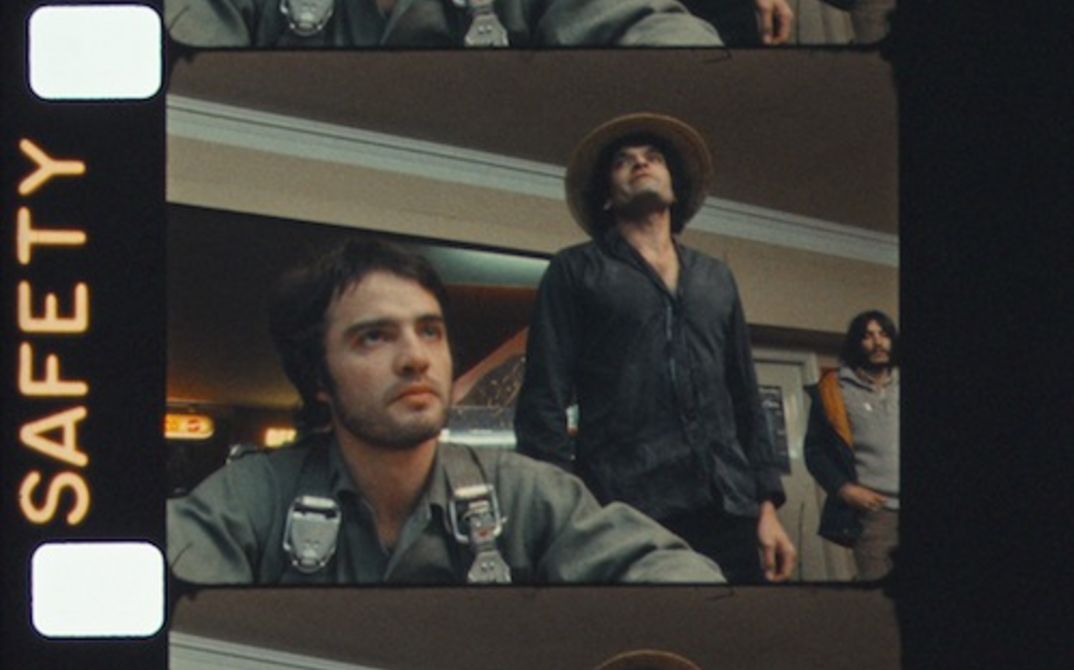The archival, in terms of film and video, is conceivable as an inquiry into the histories of film, politics, and economy that engages the material bestowed by the past to the present with future projects in mind. The archival, in this sense, not only was the matrix from which many of Harun Farocki’s works emerged; it also informs the way in which his legacy as a filmmaker and theorist is dealt with by scholars of film and media studies, cinephiles, filmmakers, and other visual practitioners. Farocki himself once expressed his interest in film material to be organized in a public archive “to investigate the present, the future past.” One of the imminent tasks of the Harun Farocki Institut (HaFI) is to develop a methodology and a practice of investigating and, in the long run, to make publicly accessible the archival material from Farocki’s storage spaces that has been placed in HaFI’s custody. Among the first unexpected findings is a short documentary that was made during the 1982 Berlinale, when Farocki and actor Ronny Tanner performed a scene from Etwas wird sichtbar(Before Your Eyes Vietnam) – a film by Farocki that had not been selected by the Forum in that year – in the foyer of Delphi cinema, a key venue of the festival.
The Harun Farocki Institut (HaFI), founded in 2015 as a non-profit organisation, seeks to realize Farocki’s proposal in the shape of a platform for researching his visual and discursive practice and supporting new projects that engage with the past, present and the future of image cultures.
All panels, talks, and presentations in English language.
